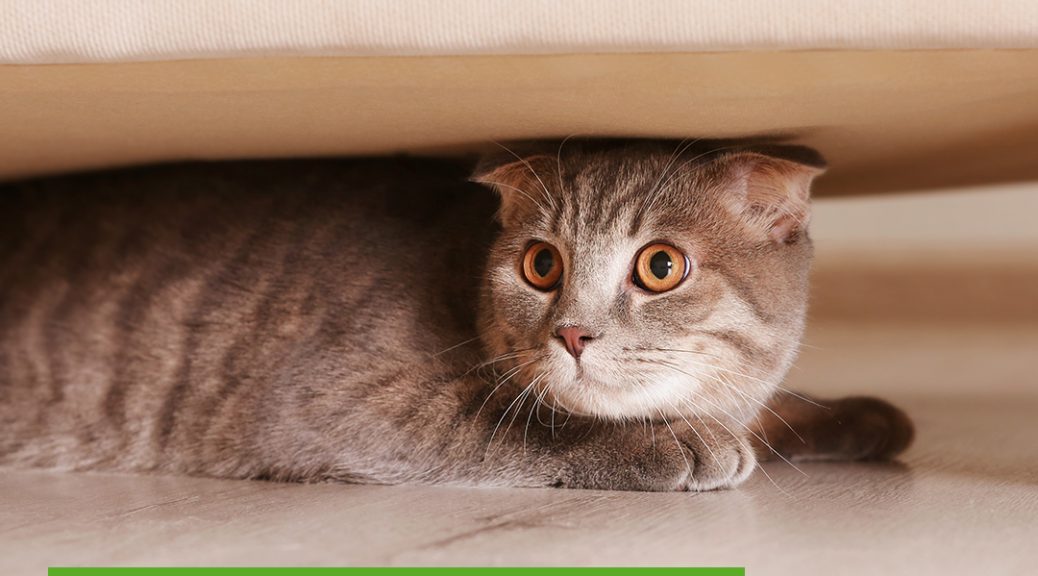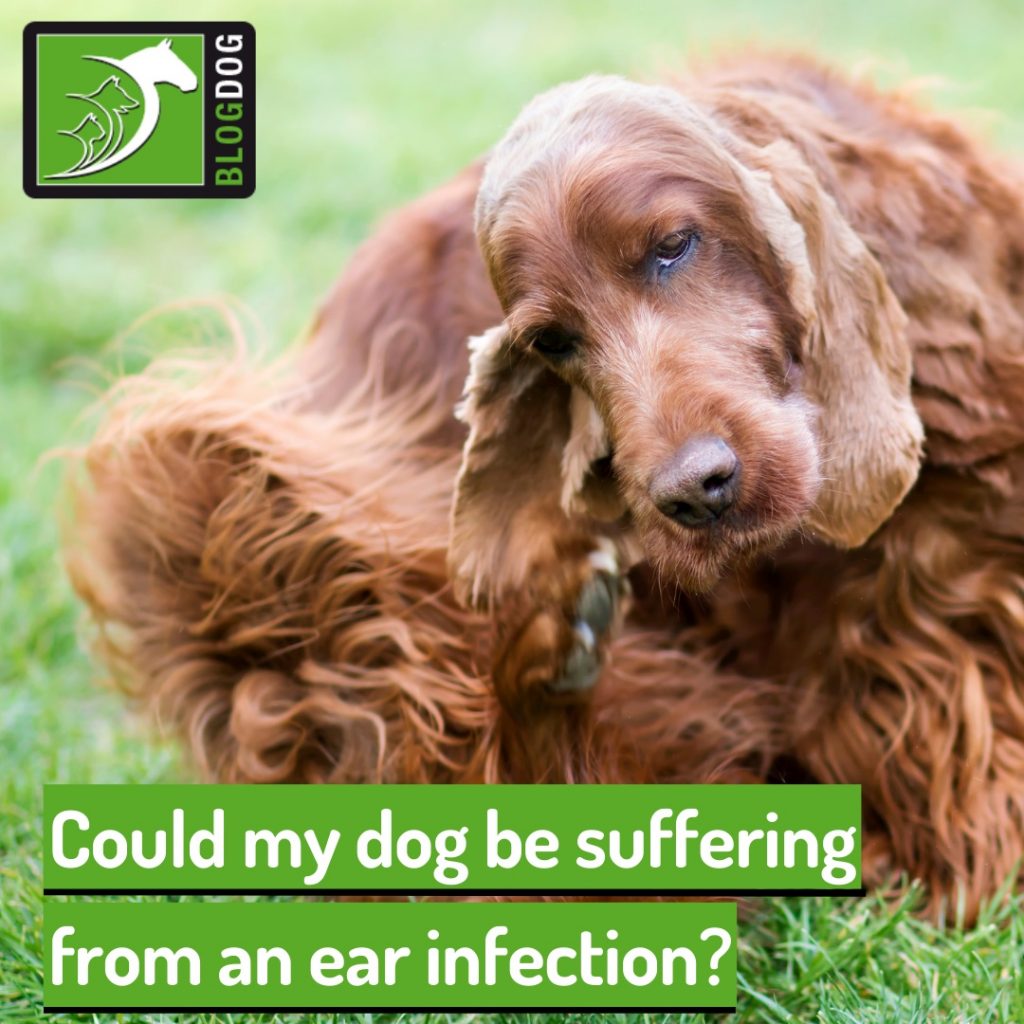Fireworks and pets are not a good match! Many of our furry friends are apprehensive or scared of the loud noises during the festive season, and cats are no exception.
Christmas and New Year can be tough periods for cats with these types of phobias, and owners might struggle to help their feline friends feel better.
Keep reading our blog to learn all about the best tips for the holiday season and help ensure a peaceful, stress-free Christmas for you and your pets!
Is fear of fireworks common?
Unfortunately, it’s far more common than not for our cats to be afraid of the loud noises and explosions that seem to happen every other day during the holiday season.
They have extremely sensitive hearing, which makes fireworks not a very pleasant experience for them. As cats thrive on stable routines, this time of the year is already pretty stressful for them as we are often busy preparing parties, decorating our homes and inviting people over.
All of these changes can create increased stress that will compound the panic of unpredictable fireworks, making up for a terrible time of the year for your feline friends.
Can fear of fireworks be dangerous for my cat?
Significant increases in anxiety and stress are not good for your cat’s health! Fireworks season often brings immense distress for pets, and this can show up as:
- Pacing and increased vocalisations;
- House-soiling without any other apparent cause;
- Less appetite;
- Hiding and refusing to interact;
- Being more fearful and jumpier;
- Attempting to escape the house or garden.
To avoid any chances of your pet getting lost or harmed, ensure he or she is safely inside the house well before the noise starts and that the contact information associated with his or her microchip is up to date.
How can I help my cat feel better?
There are a number of things you can try that might help your cat feel better during this difficult time.
The most permanent solution is desensitisation therapy, which will make him or her less reactive towards distressing noises. However, this will take a while to be effective, usually needing several weeks of work with a qualified behaviourist before you can see any results.
In the short term, you can try to:
- Create a cosy corner where your cat can hide whenever he or she feels scared;
- Plug diffusers with calming pheromones in the rooms that your cat uses the most;
- Close the curtains to block out the lights and turn on the TV to drown out the noise;
- If your cat is feeling up to it, playing and interacting can be sufficiently distracting, but don’t force him or her to do it;
- Act calmly and don’t make a big fuss as your cat is looking to you to understand how serious the situation is.
Despite all the things you can try, this time of the year can still be intensely upsetting for your feline friend, and the problem may need other things like specific medication.
For these cases, your vet can help provide the best solution to ensure Christmas and New Year will go as smoothly as possible, so don’t hesitate to call them if you’re struggling!
Would you like to know more about cats? Check our Feline Courses:
Feline courses



